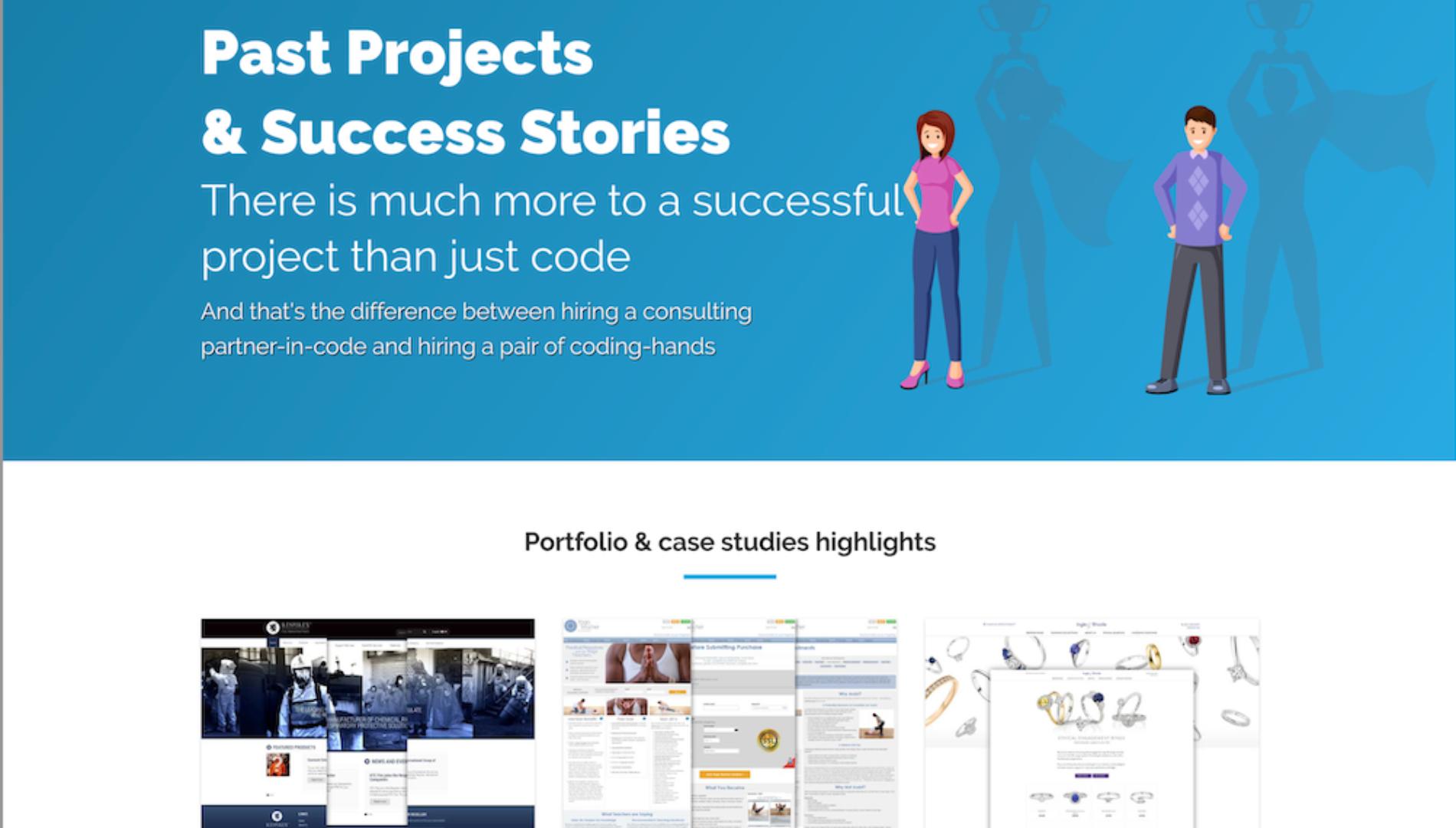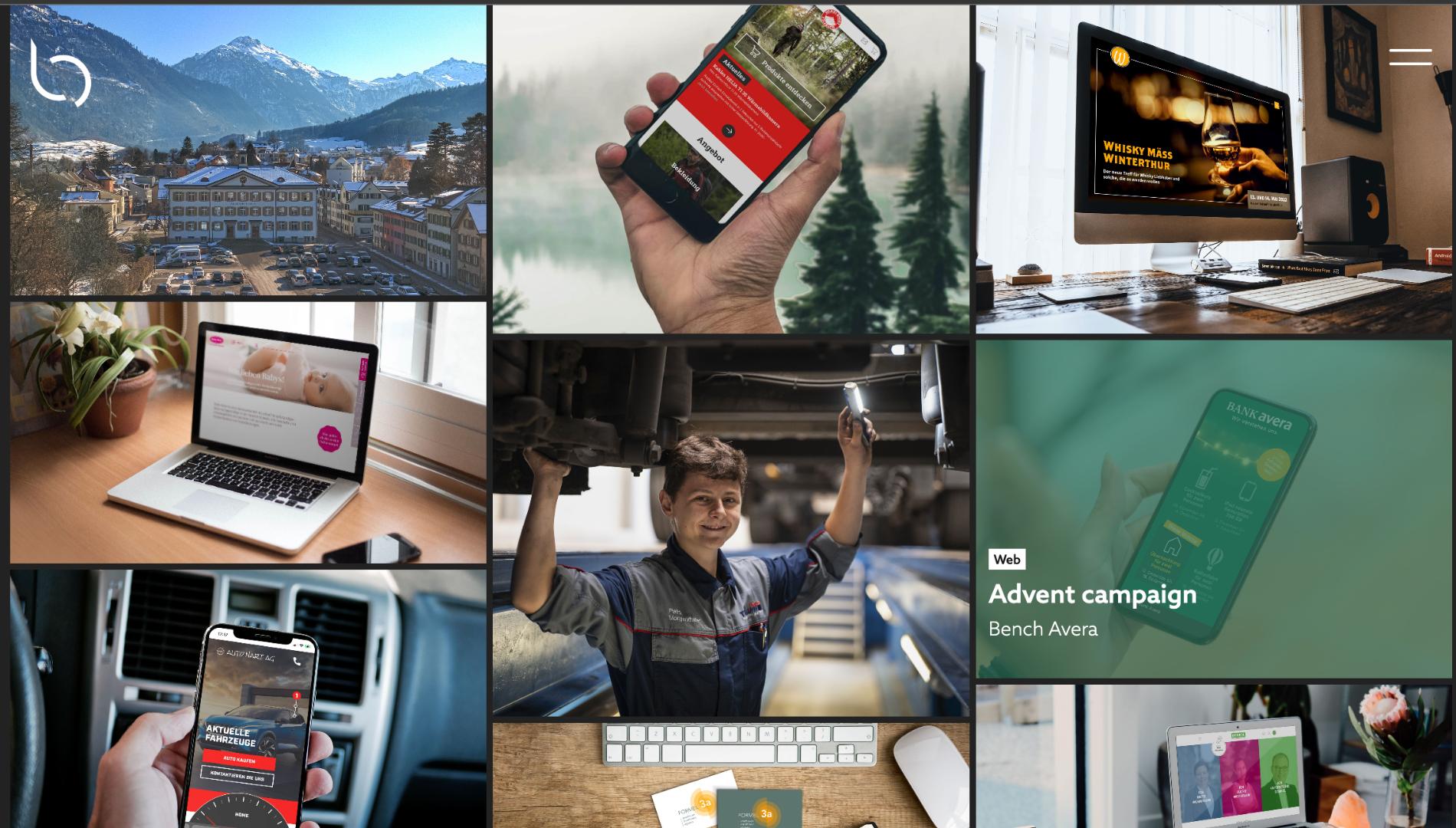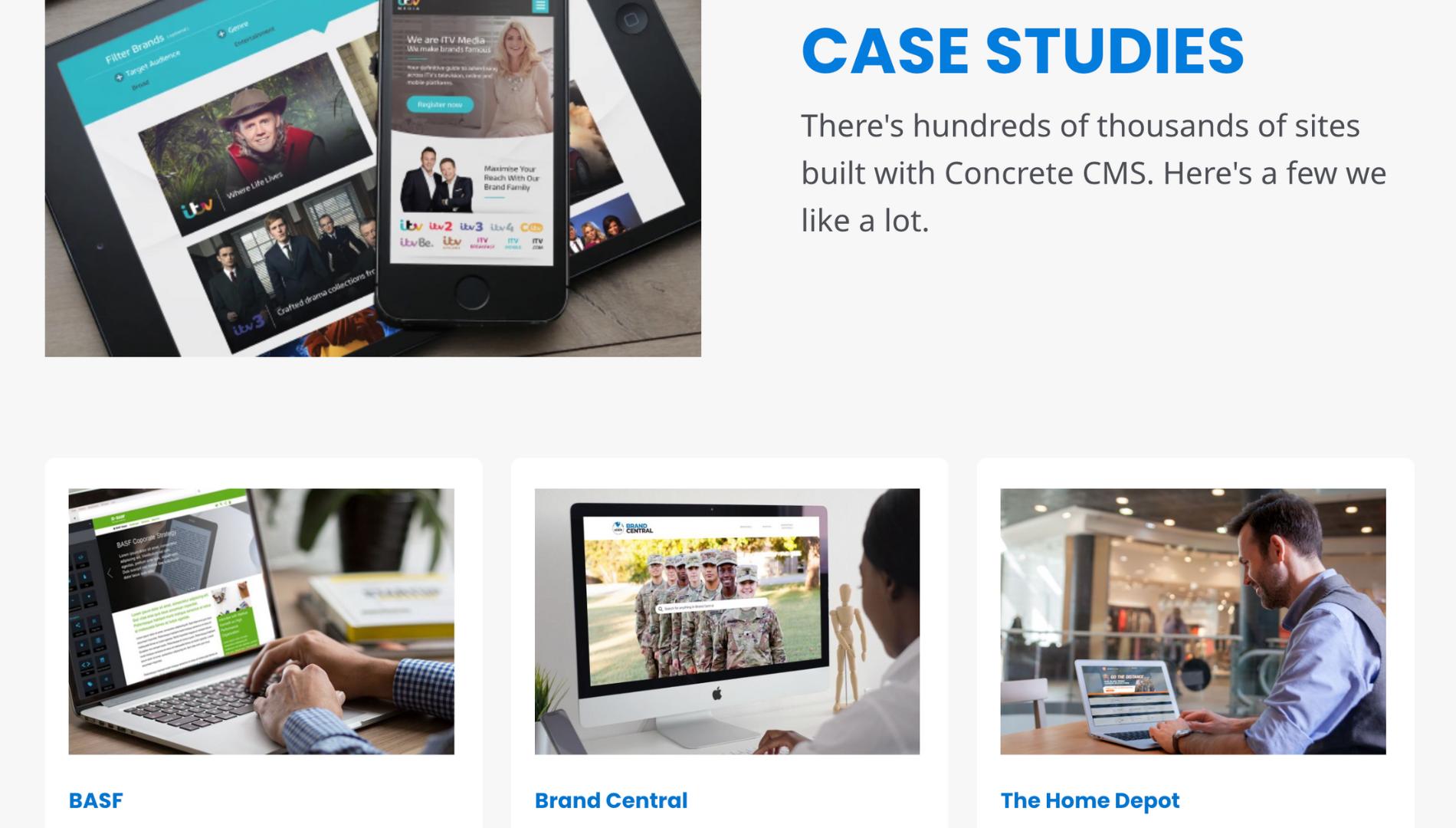Have you ever tried explaining a complex idea to someone, but struggled to find the right words to convey it effectively? It can be frustrating, right? Well, imagine trying to communicate your brand's message and values through a website that doesn't quite hit the mark. That's where the magic of a skilled web designer comes in, and today, we're diving into why evaluating their past work is crucial.
Why Should You Care About a Web Designer's Portfolio?
Picture this: You're on the hunt to hire the perfect web designer to bring your online vision to life. You've heard about the importance of a strong portfolio, but you might wonder, "What does that mean and why should I care?" Let's break it down.
First things first, a web designer's portfolio is like their creative resume. It's a curated collection of their past projects, showcasing their skills, style, and versatility. But why is this so important? Well, think about it - when you're looking for someone to design your website, you're essentially trusting them to be the architect of your online presence.
Now, let's bring in some stats to highlight the significance of this decision. Did you know that a whopping 80.8% of web redesign projects are a result of poor conversion rates? That's right; your website's ability to turn visitors into customers is crucial for your business's success.
So, what's the connection between a web designer's portfolio and conversion rates? Well, a well-designed website can significantly impact user experience and, consequently, conversions. According to a study, 59% of people prefer browsing "beautiful and well-designed" sites over basic ones. It's not just about aesthetics; it's about creating a seamless and enjoyable user journey that leads to conversions.
What to Look for in a Web Designer's Portfolio
Now that you know why a strong portfolio matters, let's talk about what you should be on the lookout for when evaluating a web designer's past work.
- Diverse Projects: A good designer should be versatile. They should have experience in various industries and be able to adapt their style to different brands.
- Consistency: While versatility is essential, consistency in quality is equally important. Look for a designer who consistently delivers top-notch work.
- Client Feedback: Reviews and testimonials can give you insight into the designer's professionalism and ability to meet client expectations.
- Innovative Solutions: Does the designer bring fresh and creative ideas to the table? Can they solve problems effectively?
Checkout these portfolios from our partners:
Now, let's not forget about the resources available to you when searching for the perfect web designer. Our guide, "Hiring a Website Designer," is packed with valuable tips and insights to help you navigate this process.
Additionally, when you're ready to interview potential designers, our article on "Top Questions to Ask When Interviewing Web Designers" will serve as your trusty companion. It's like having a roadmap to ensure you're asking all the right questions to find the best fit for your project. Before we wrap up, let's touch on a decision many face when looking for a web designer: choosing between a freelance web designer and a design agency.
It's a bit like choosing between a cozy neighborhood cafe and a fancy restaurant. Both have their merits, but the choice ultimately depends on your project's needs and your budget. Freelancers often provide a more personalized touch, while agencies bring a team of specialists to the table. To help you make an informed decision, check out our article on "Freelance Web Designer vs. Design Agency: Making the Right Choice for Your Project."
In conclusion, your website is your online identity, and finding the right web designer is crucial for its success. By evaluating a web designer's past work, you can gain valuable insights into their abilities, style, and compatibility with your project. So, don't rush this decision. Take your time, explore portfolios, ask the right questions, and you'll be well on your way to creating a website that leaves a lasting impression.
Sources:
- Guru99. (n.d.). Top 18 Web Design Interview Questions. https://career.guru99.com/top-18-web-design-interview-questions/
- Blogging Wizard. (n.d.). Web Design Statistics [Webpage]. https://bloggingwizard.com/web-design-statistics/
- WebFX. (n.d.). Web Development Statistics [Webpage]. https://www.webfx.com/web-development/statistics/
- Content Snare. (n.d.). Web Design Statistics. https://contentsnare.com/web-design-statistics/
- U.S. Bureau of Labor Statistics. (n.d.). Web Developers. https://www.bls.gov/ooh/computer-and-information-technology/web-developers.htm?ref=binfind.com%2Fweb
- U.S. Bureau of Labor Statistics. (n.d.). Occupational Employment and Wage Statistics: Web Developers. https://www.bls.gov/oes/current/oes151255.htm
- Zippia. (n.d.). Web Designer Demographics. https://www.zippia.com/web-designer-jobs/demographics/
- Kalmoya.com. (n.d.). Portfolio. Kalmoya. https://www.kalmoya.com/portfolio
- Lemonbrain.ch. (n.d.). Lemonbrain Projekte. Lemonbrain. https://lemonbrain.ch/projekte
- 76west.agency. (n.d.). Work. 76 West Agency. https://76west.agency/work




